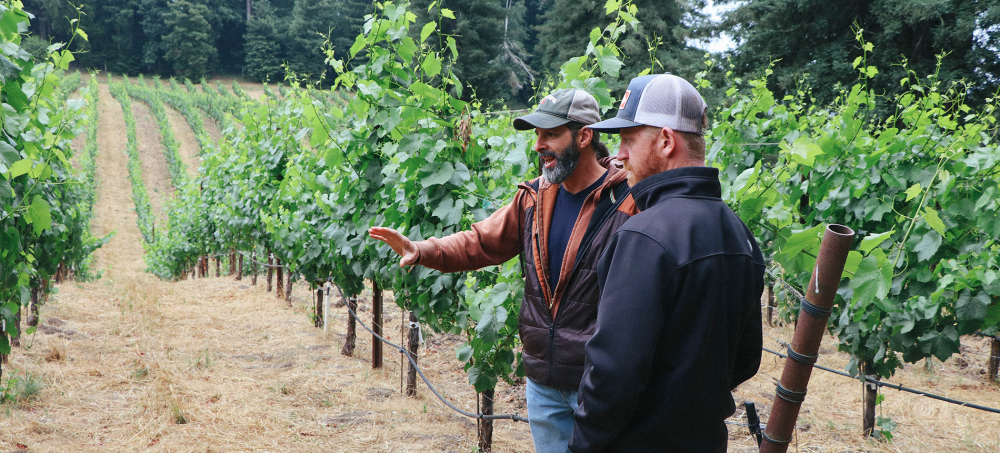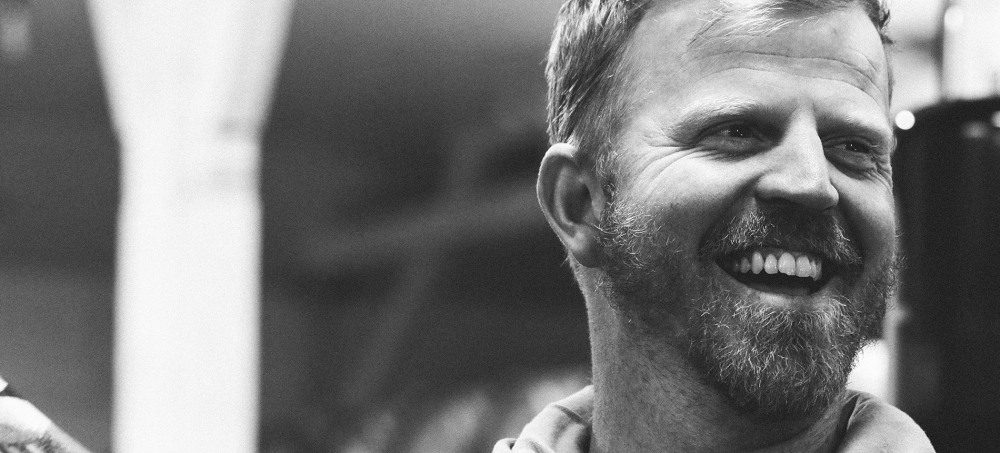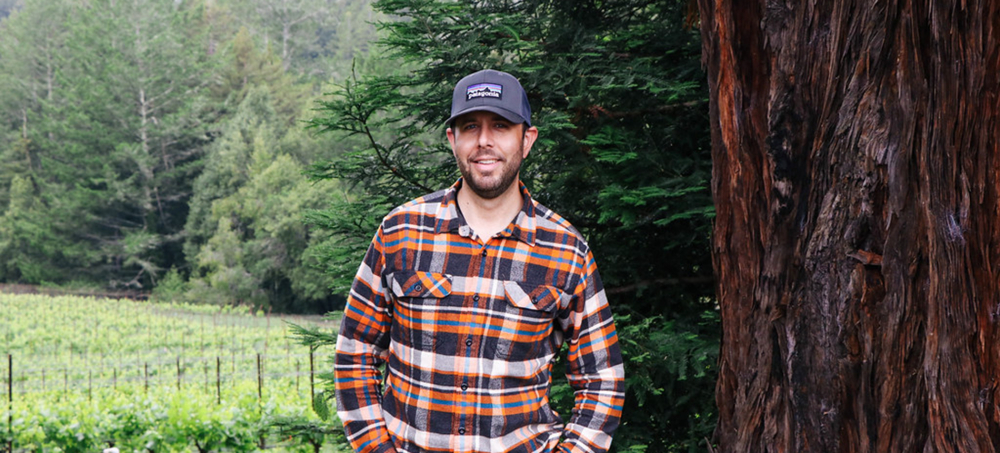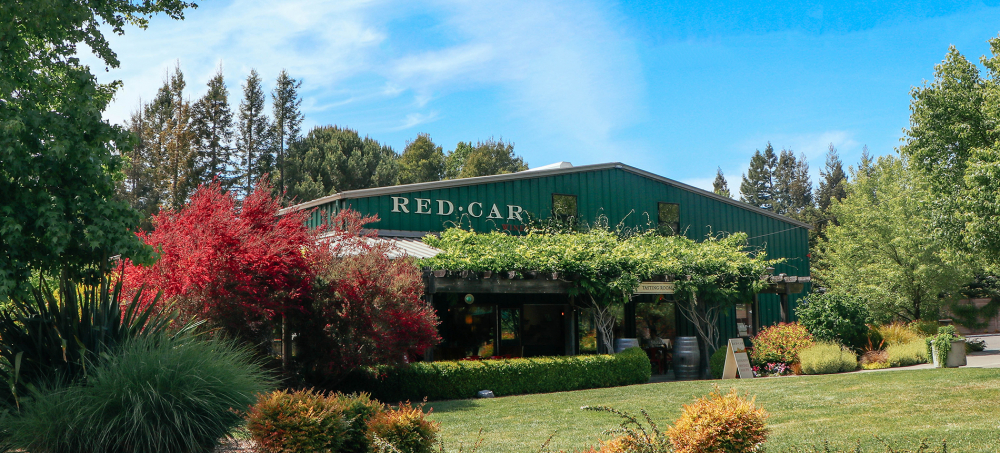Red Car was founded in 2000 by current owner, Richard Crowell, along with partners Mark Estrin and Caroll Kemp. The Red Car story started with a shared bottle of Jaboulet Hermitage La Chapelle, which inspired them to try and emulate one day in California. The trio decided to purchased one ton of Syrah and made the first 50 cases in a spare bedroom in Culver City. The first 50 cases sold quickly, and Red Car was officially established as a business. These humble beginnings expanded to include a winery space in Santa Maria and contracts for additional fruit. The follow-up wines received high praise and accolades from the critics and Red Car quickly established itself as a top, though perhaps somewhat under-the-radar, producer in the California wine scene.
Although their early wines were a hit, they concluded that they were not yet making wines like that Northern Rhone Syrah that originally inspired them. They then set their sights on the cool, marginal climate of Western Sonoma, specifically the wild coastal ridges north of Bodega Bay known as the True Sonoma Coast. The cool temperature, like that of the Northern Rhone, would allow the fruit to ripen slowly and develop the savory complexity and depth they wanted. It would be a big commitment, but they were all in…
In 2003, the trio bought 128 acres of raw land in Cazadero perched 1,200 feet above the Pacific Ocean. As Crowell said, “we all had a visceral reaction the first time driving out to the property. Winding down River Road to Jenner then up Meyers grade to King Ridge passing through forests of old growth redwood, oak and manzanita, and remote vineyards cooled by ocean breezes. Hawks circled above the trees as sunshine pushed the morning fog back out to sea. It was quite an introduction.”
Despite its remote location, Red Car was not alone in these parts. Their new neighbors included Hirsch, Marcassin, Flowers, Peay and a handful of others who had already crafted beautiful wines from vines struggling to produce in this cool and rugged environment. In order to continue to make their mark, they hired local winemaker David Ramey as a consultant, as well as Daniel Roberts to help select clones and Ulises Valdez to plant and farm the vineyard. Besides this ambitious estate planting, they also sought out several high-quality sites in the area to create a full range of both appellation and vineyard-designated offerings (Platt, Ritchie, Doc’s Ranch, Zephyr Farms, Falstaff, Vivio, Hawk Hill, Manchester Ridge and the Hagan Vineyard). In addition, they found an old tractor dealership in Sebastopol that would become the home of Red Car’s winery and tasting room.
Today, Richard Crowell now owns Red Car solely due to the passing of this dear friend Mark Estrin, and Caroll Kemp moving on to a new project in 2018. As Red Car has evolved, they have streamlined their business, paring back the number of vineyards and bottlings in order to present a simpler, more cohesive brand that defined their so-called “True North”: the coastal soils, the proximity to the Pacific Ocean, and the unique geography and terroir of this special and unique wine growing area.
At present, the farming for all of the Red Car sites is now under the watch of Greg Adams, an accomplished and widely respected Viticulturalist. In the cellar, Tanner Scheer oversees the winemaking using a deft hand so as to maintain the site-specific qualities of the fruit. The Red Car wines are truly identifiable by the extreme nature and cool climate of their vineyards. They possess incredible vibrancy of fruit with transparency and elegance, along with a purity and persistence on the palate. Not surprisingly, they are crafted in a very non-interventional way with native yeast fermentations , extended lees aging, very little new oak, stem inclusion for Pinot Noir and Syrah, as well as no fining and filtration. The wines include a Sonoma Coast bottling of Chardonnay, Pinot Noir and Syrah, as well as single vineyard wines from Zephyr (Chard), Mohrhardt (Chard, Cab), Heaven & Earth (Pinot), Estate Vineyard (Chard, Pinot, Syrah) and their wildly successful Rose that itself has developed a cult following.



